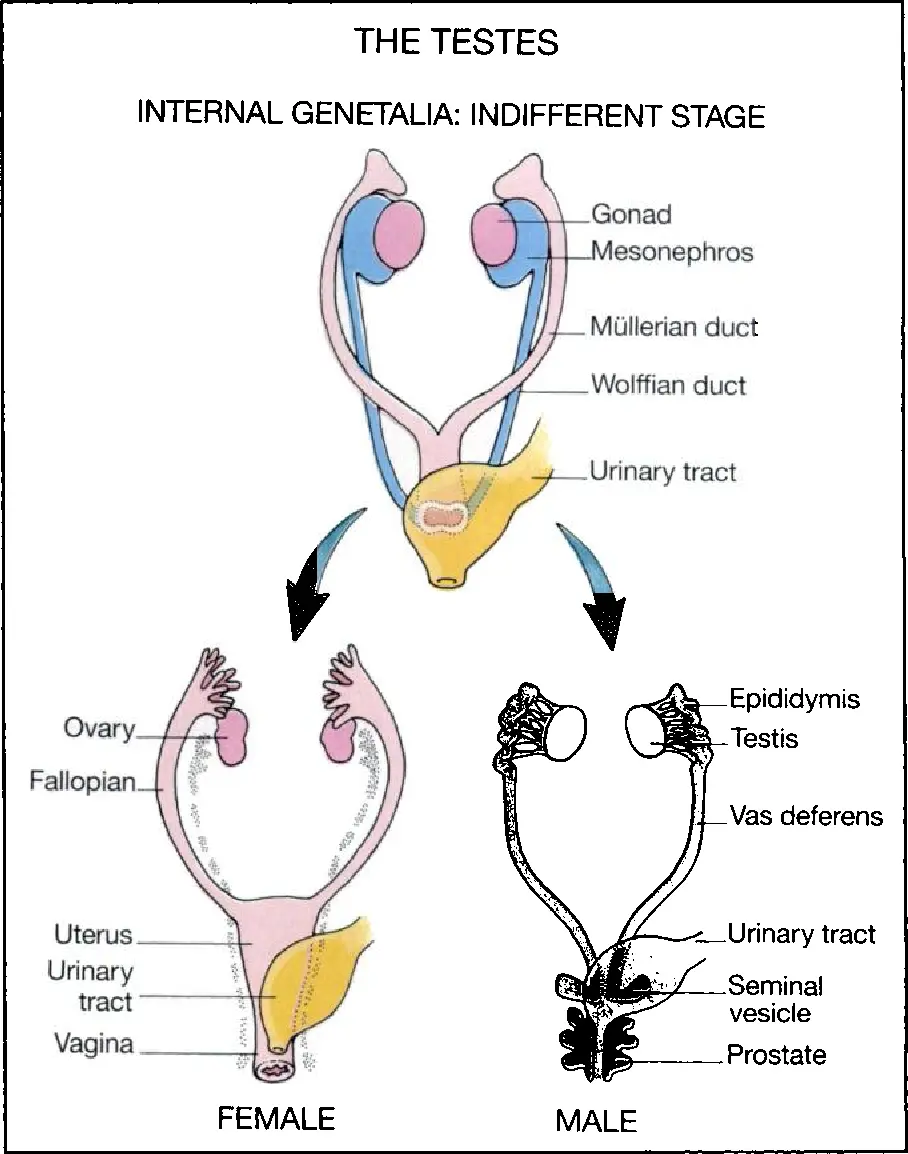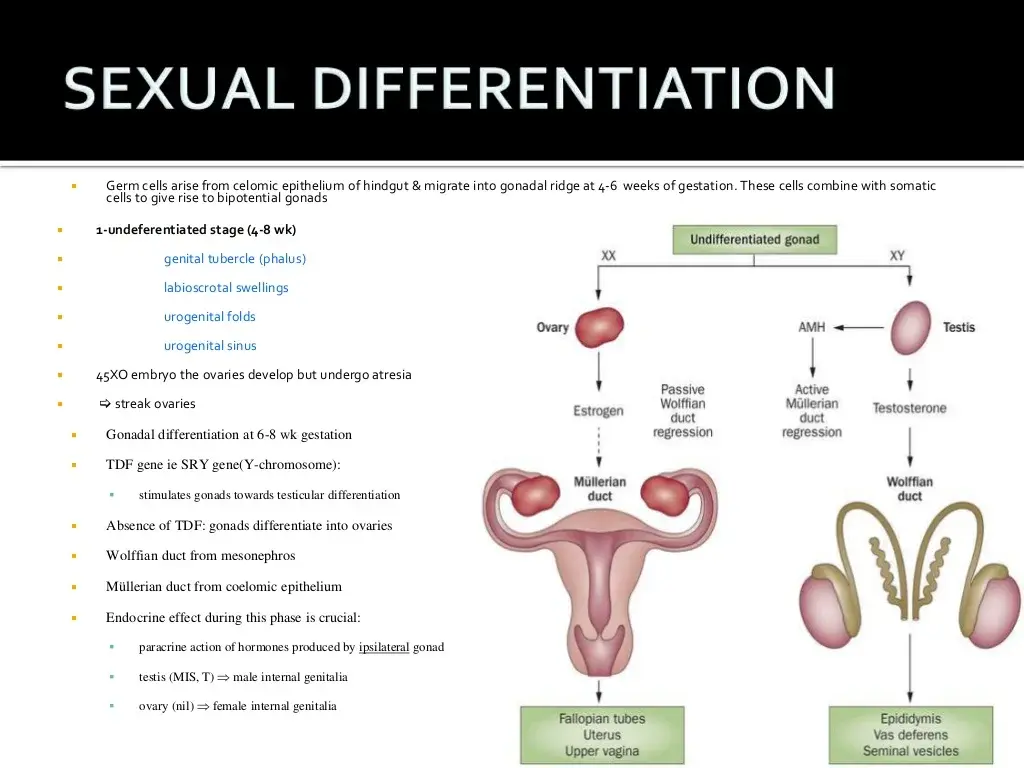Can Ambiguous Genitalia be Cured?
Sometimes
Management involves a multidisciplinary approach, including medical and psychological support; outcomes depend on the specific condition and individual needs

What is Ambiguous Genitalia?
Ambiguous genitalia refers to atypical or unclear genital development in infants, where the external genitalia do not have typical male or female characteristics. It can be a result of various genetic or hormonal conditions. Evaluation by healthcare professionals and, in some cases, surgical intervention may be necessary.

Clinical Aspects

Characteristics
Congenital condition where the external genitalia do not have typical male or female appearance

Symptoms
Genitalia that may not clearly appear male or female at birth

Diagnosis
Clinical examination, genetic testing

Prognosis
Variable; depends on the underlying cause and gender assignment

Complications
Psychological and social challenges
Etiology and Treatment

Causes
Various genetic and hormonal factors

Treatments
Individualized medical and psychological support, gender assignment and reconstructive surgeries as needed

Prevention
Individualized medical and psychological support, gender assignment and reconstructive surgeries as needed
Public Health and Patient Perspectives

Epidemiology
Congenital condition; external genitalia do not appear typically male or female

Patient Perspectives
Individualized care and support are crucial for the child and family
This information is for general understanding and is not a substitute for professional medical advice. Always consult with healthcare providers for accurate and personalized information related to your health.
Share: